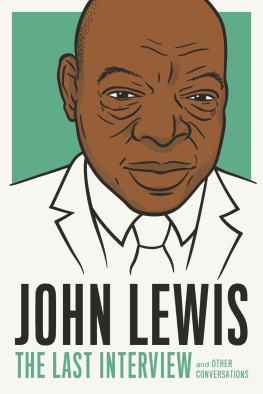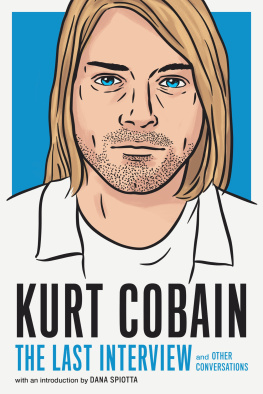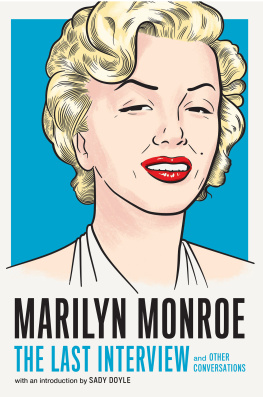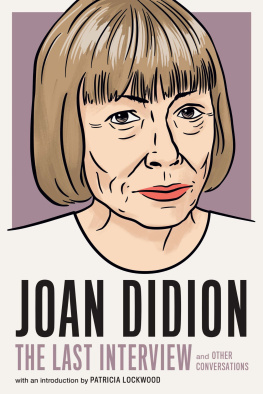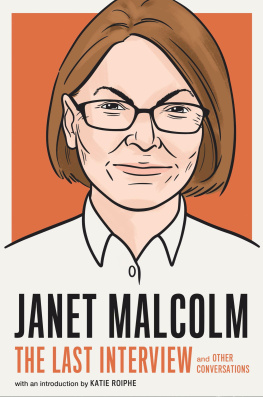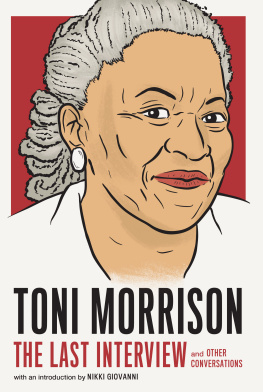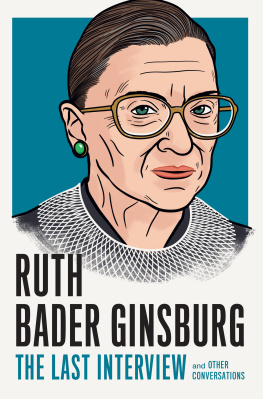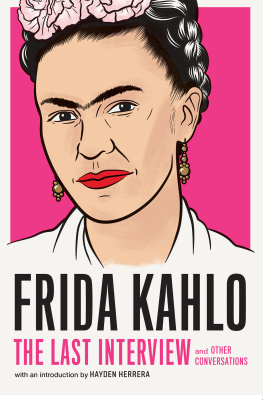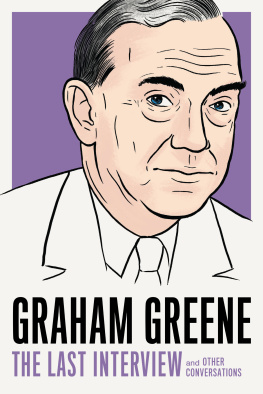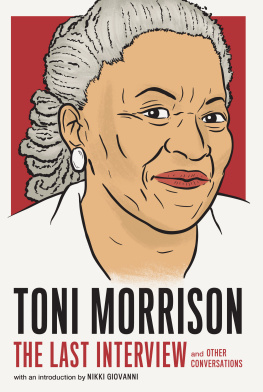Melville House Publishing. - John lewis: the last interview and Other Conversations
Here you can read online Melville House Publishing. - John lewis: the last interview and Other Conversations full text of the book (entire story) in english for free. Download pdf and epub, get meaning, cover and reviews about this ebook. year: 2021, publisher: Melville House, genre: Politics. Description of the work, (preface) as well as reviews are available. Best literature library LitArk.com created for fans of good reading and offers a wide selection of genres:
Romance novel
Science fiction
Adventure
Detective
Science
History
Home and family
Prose
Art
Politics
Computer
Non-fiction
Religion
Business
Children
Humor
Choose a favorite category and find really read worthwhile books. Enjoy immersion in the world of imagination, feel the emotions of the characters or learn something new for yourself, make an fascinating discovery.
- Book:John lewis: the last interview and Other Conversations
- Author:
- Publisher:Melville House
- Genre:
- Year:2021
- Rating:5 / 5
- Favourites:Add to favourites
- Your mark:
- 100
- 1
- 2
- 3
- 4
- 5
John lewis: the last interview and Other Conversations: summary, description and annotation
We offer to read an annotation, description, summary or preface (depends on what the author of the book "John lewis: the last interview and Other Conversations" wrote himself). If you haven't found the necessary information about the book — write in the comments, we will try to find it.
John lewis: the last interview and Other Conversations — read online for free the complete book (whole text) full work
Below is the text of the book, divided by pages. System saving the place of the last page read, allows you to conveniently read the book "John lewis: the last interview and Other Conversations" online for free, without having to search again every time where you left off. Put a bookmark, and you can go to the page where you finished reading at any time.
Font size:
Interval:
Bookmark:
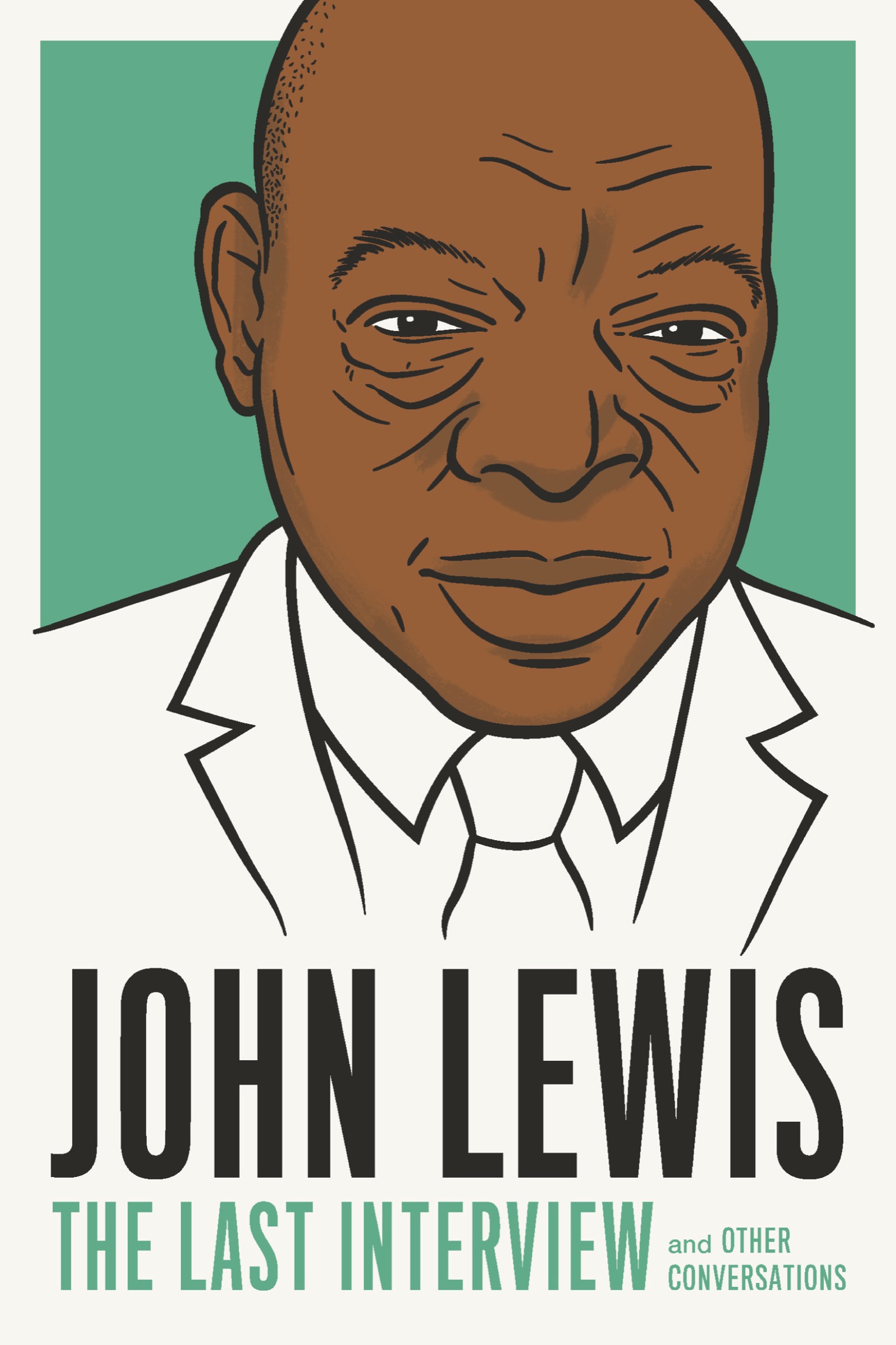
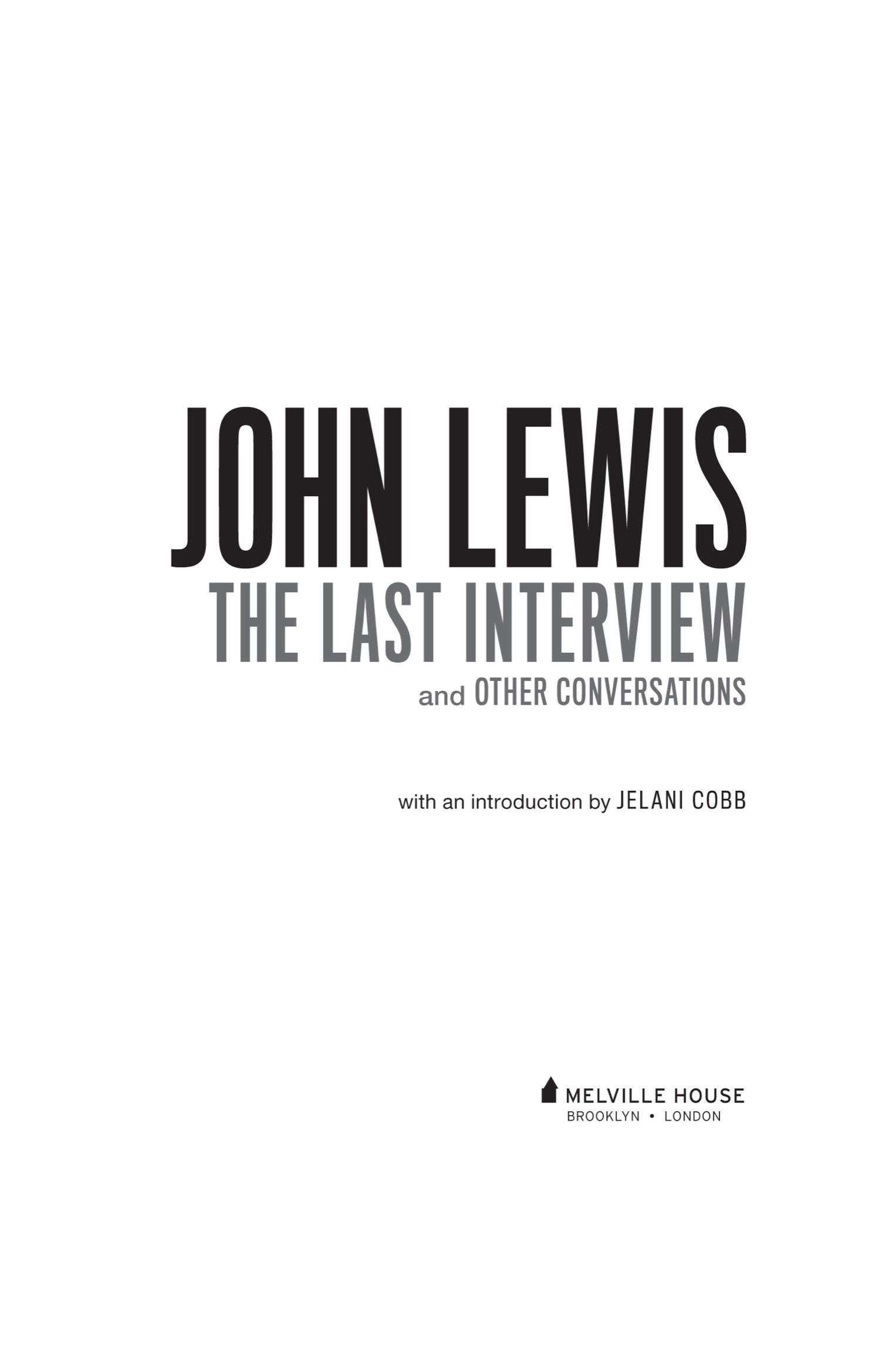
JOHN LEWIS: THE LAST INTERVIEW AND OTHER CONVERSATIONS
Copyright 2021 by Melville House Publishing
Williams v. Wallace 1965 by United States District Court M. D. Alabama.
I Saw All Around Me the System of Segregation and Racial Discrimination 1979 by Henry Hampton Collection, Washington University Libraries
When I Was Arrested, I Felt Free 2012 by C-SPAN
The Long View: John Lewis, Congressman and Civil-Rights Legend, Will Never Lose Hope 2020 by Zak Cheney-Rice, New York Magazine, and Vox Media, LLC. Originally published in the June 8, 2020, issue of New York Magazine. It can be found at https://nymag.com/intelligencer/article/john-lewis-good-trouble-interview.html.
First Melville House printing: November 2021
Melville House Publishing
46 John Street
Brooklyn, NY 11201
and
Suite 2000
16/18 Woodford Road
London E7 0HA
mhpbooks.com
@melvillehouse
ISBN9781612199627
Ebook ISBN9781612199634
A catalog record for this book is available from the Library of Congress.
a_prh_5.8.0_c0_r0
Interview by Peter A. Hall, Jack Greenberg, Norman Amaker, and Charles H. Jones Jr., Attorneys for the Plaintiff and Maury D. Smith, W. McLean Pitts Attorneys for the Defendant
US District Court for the Middle District of Alabama March 17, 1965
Interview by Henry Hampton
America, They Loved You Madly, a Precursor to Eyes on the Prize: Americas Civil Rights Years (1954-1965) May 14, 1979
The Long View: John Lewis, Congressman and Civil-Rights Legend, Will Never Lose Hope
Interview by Zak Cheney-Rice
New York Magazine
June 8, 2020
JELANI COBB
For a blessed handful of dreamers life affords the chance to work for great, unrealistic aspirations and witness them as they come to pass. These moments in which history seems to relinquish its grip upon the present and vast new vistas of possibility emerge are rare and invaluable and mark all who live through them. But even the greatest of leaps remain subject to gravity. Frederick Douglass, who audaciously fought to kill the institution of slavery, witnessed the Emancipation Proclamation, the ratification of the Thirteenth Amendment, and the election of over six hundred black people to political office in the decade after the Civil War. But he also saw the tide of retribution that swept the South following the end of Reconstruction, lynching and the brutal reinscription of near-slavery amid the depths of Jim Crow. When a young Black man approached the aged Douglass near the end of his life, asking how he might be of service to his race, Douglass famously replied Agitate, agitate, agitate. History, he seemed to be saying, is not vanquished so easily.
John Lewis was among that number of blessed Dreamers. And as with Douglass his life afforded him the view of great moral leaps and reiterated the power of gravity. By the time Lewis made his exit from this realm, on July 17, 2020, his life had been bound so tightly and for so long to the mythos of the movement for democracy in America that it was difficult to separate him from it. For this reason, a friend who texted me John Lewis is gone, what are we going to do now? was not only reacting to grief but expressing a real and common sentiment. Lewis, who spoke at the March on Washington, chaired the Student Nonviolent Coordinating Committee, and served seventeen terms in Congress, representing Georgias Fifth District, succumbed to pancreatic cancer, a ruthless and efficient plague whose diagnosis is fatal around 95 percent of the time. When he revealed his condition last December, hope persisted despite those odds, in part because, for many people, the thought of confronting the reactionary, racist, and antidemocratic realities of the Trump era without one of the nations most potent symbols of decency was simply too difficult to countenance.
Those contrasts were not merely hypothetical. In 2017, when President Trump announced that he would attend the opening of the Mississippi Civil Rights Museum, Lewis said that he would not. In a fit of absurdism the then-White House press secretary, Sarah Huckabee Sanders, criticized Lewis of failing to show proper respect for the movement. Months earlier, Trump had attacked Georgias Fifth Congressional District, which Lewis represented, as crime-infested and suggested that the blame lay with the Congressman. I wrote at the time that Trumps disdain for Lewis betrayed a theme: Having never grasped the concept of sacrifice, the President is contemptuous of people whose lives have been defined by it. No criticism that Lewis issued about Trump was as strong an indictment as the simple facts of his life: born to Alabama sharecroppers, stalwart of SNCC, leader, exemplar of humility.
The civil rights movement is best understood as a collaboration between two groups of people: the martyrs who died for the cause, and the stalwarts who were tasked with living for it. The first group is most commonly associated with Martin Luther King Jr., whose death, at the hands of an assassin, cleaved an entire section of American history into before and after. But a different, strange, and particular burden befell the second group, the people who survived the manifold dangers of Albany, Anniston, Jackson, and Little Rock, and were then witness to the trials of crack and AIDS, violence, and mass incarceration. They were tasked with institutionalizing and defending the movements hard-won gains against the slow accretion of power by people who hoped to remake the present in the image of the past. Lewis, like his peers Andrew Young, Marion Barry, and Eleanor Holmes Norton, transitioned into elected office as the post from which he would undertake this work. It was not an easy undertaking.
John Lewis ran for Congress in 1986, in a race that pitted him against his former SNCC colleague Julian Bond, by then a Georgia state senator who was well connected in the district and heavily favored to win. Lewis prevailed in a bitter contest, in which, reportedly to make fighting drug abuse an issue in the campaign, he challenged Bond to take a drug test. (Bond said that it would trivialize the issue.) The bare-knuckles politicking was a departure for Lewis, who, throughout his tenure in the civil rights movement and his time as the chairman of SNCC, had been thought of as too nice. The fact was, though, that there had always been political infighting in the movement. In 1966, Lewis was ousted as SNCC chairman by Stokely Carmichael, a brilliant orator whose militant politics were to the left of Lewiss and more reflective of the emerging radical zeitgeist. Even decades later, Lewis referred to the move as almost like a coup.
The politics of the movement surfaced again, in 2008, when I interviewed Lewis about the possibility of the first Black president being elected. The conversation turned to Lewiss role in the 1963 March on Washington. He was by that time the last surviving speaker from the event, and he recalled how his speech, a firebrand condemnation of the Democratic Party that culminated in a pledge to march through the South, through the heart of Dixie, the way Sherman did and burn Jim Crow to the groundnonviolently, had alarmed the other participants so much that several refused to participate if he gave it. The impasse was resolved when King personally oversaw a more conciliatory edit of the address.
Font size:
Interval:
Bookmark:
Similar books «John lewis: the last interview and Other Conversations»
Look at similar books to John lewis: the last interview and Other Conversations. We have selected literature similar in name and meaning in the hope of providing readers with more options to find new, interesting, not yet read works.
Discussion, reviews of the book John lewis: the last interview and Other Conversations and just readers' own opinions. Leave your comments, write what you think about the work, its meaning or the main characters. Specify what exactly you liked and what you didn't like, and why you think so.

